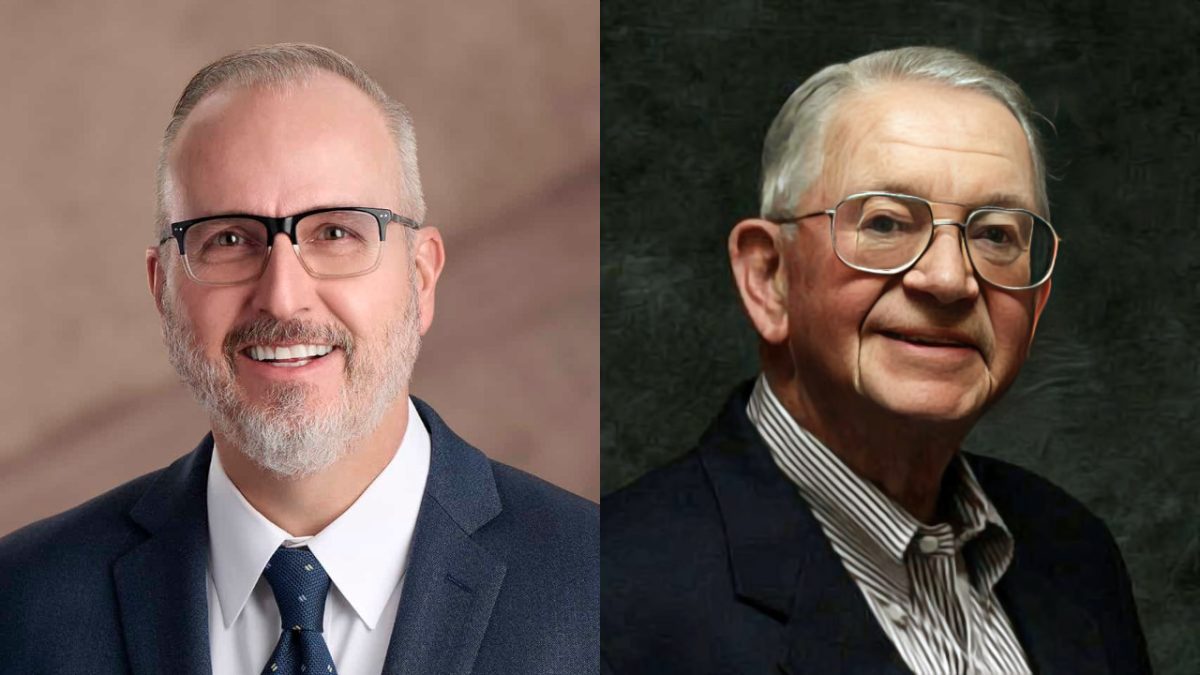A Conversation with Ron Nate & Tea Party Bob
Podcast Notes by Bob Neugebauer
Fiscal Reforms Face Federal Constraints
Idaho legislators are advancing ambitious fiscal reforms amid growing concerns about federal dependency and ballooning state expenses, with particular focus on Medicaid expansion costs and tax relief measures totaling over $400 million. However, the state’s ability to implement meaningful reforms faces significant federal constraints, highlighting tensions between state autonomy and federal funding dependencies.
Medicaid Expansion Challenges
The state’s Medicaid expansion program has become a focal point of fiscal concern, with costs significantly exceeding initial projections. Assistant House Majority Leader Josh Tanner revealed in a recent Idaho Pulse interview that attempts to implement cost controls are severely limited by federal requirements, with the state operating under approximately 58,000 federal memorandums of understanding.
“We only have one lever, one real option that works within this program, or it’s all on or all off,” Tanner explains. “We don’t have the ability to do work requirements or do anything else that we want to fine-tune this program.”
Current legislative efforts include a proposed trigger mechanism that would automatically end Medicaid expansion if improper payment rates aren’t reduced to manageable levels. A separate measure ties program continuation to federal approval of work requirements, similar to Georgia’s model which operates under a different federal funding ratio.
Tax Reform and Revenue Challenges
The legislature is simultaneously pursuing substantial tax relief measures, including reforms to Idaho’s grocery tax credit system and property tax structures. The grocery tax debate has intensified as inflation impacts household budgets, though analysis suggests current tax credits often exceed actual grocery tax payments for many families.
Property tax reform efforts focus particularly on homeowner exemptions, aiming to rebalance tax burdens that have shifted heavily toward residential property owners during recent market value increases. The legislature is also examining special tax arrangements with major corporations, including data centers and manufacturing facilities, which have raised concerns about equitable treatment between large and small businesses.
Educational Reform Initiatives
Amid these fiscal debates, the legislature is advancing significant educational reforms. Recent legislation modified teacher union dues collection methods, requiring direct member payments rather than automatic payroll deductions. This change comes as union membership reportedly includes only about 32% of Idaho teachers.
School choice initiatives face continued debate despite Republican supermajorities in both chambers. Legislative proposals focus on expanding options while maintaining oversight of educational standards and fiscal accountability.
Federal Dependency Concerns
The growing influence of federal funding in state operations has raised alarms among fiscal conservatives. Idaho’s increased reliance on federal money, particularly in healthcare and education, has created complex compliance requirements that some legislators argue inhibit effective governance.
Healthcare delivery systems face particular scrutiny, with data from the Department of Health and Welfare indicating hospitals represent the highest cost expenditures within Medicaid. This has prompted discussions about transitioning from Value-Based Care Organizations (VCOs) to managed care organizations (MCOs) for better cost control.
Looking Forward
Idaho’s reform efforts reflect broader tensions between state autonomy and federal funding dependencies. As the legislature advances its agenda, success may depend on finding creative solutions within federal constraints while maintaining fiscal responsibility.
The state’s experience could prove instructive for other conservative states grappling with similar challenges of maintaining autonomy while participating in federal programs. As one legislative staffer noted, “The question isn’t just about specific reforms anymore – it’s about redefining state-federal relationships in a way that preserves meaningful state control.”



